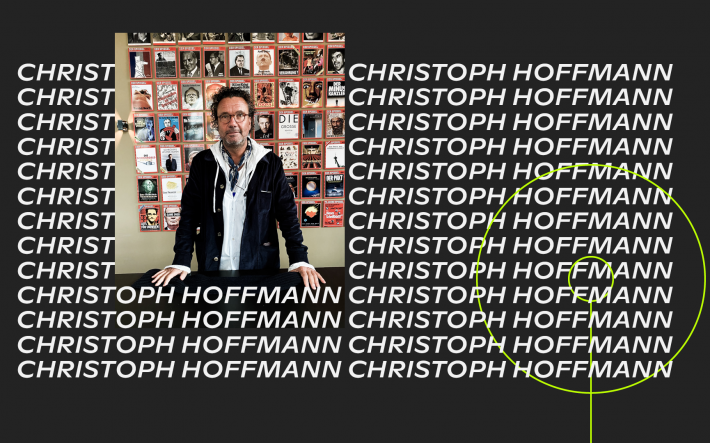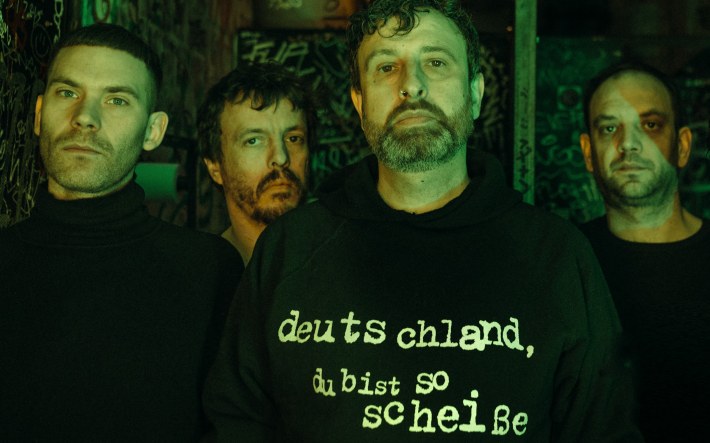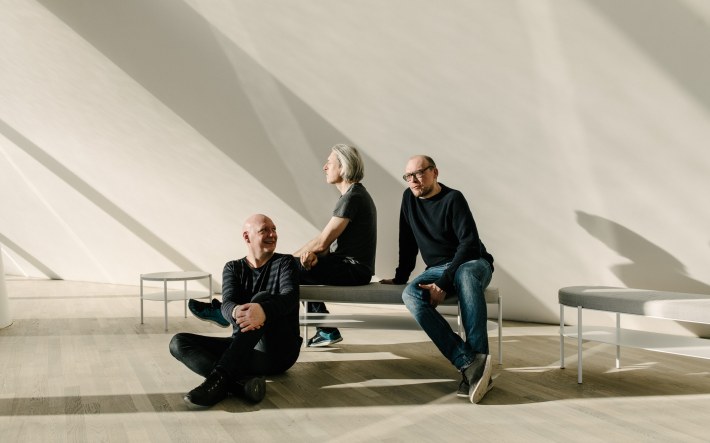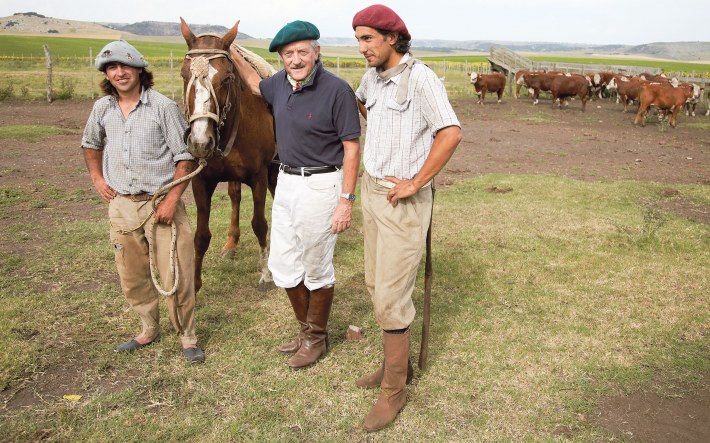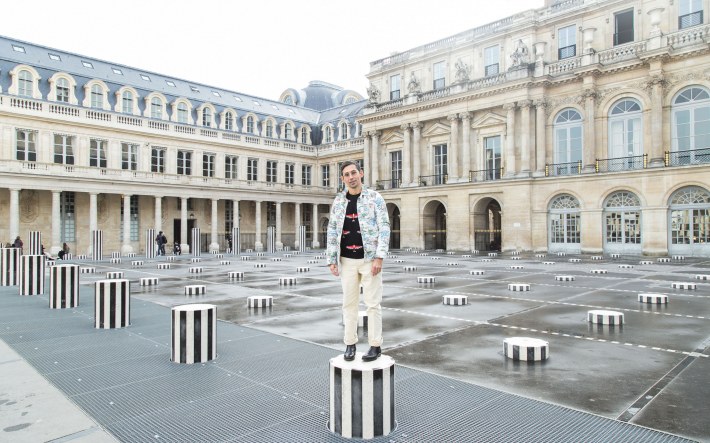Generating a Genre
Natascha Augustin, senior creative director at Warner Chappell Music, is the cool-headed industry leader who’s responsible for propelling Germany’s hottest hip-hop and rap acts to the peak of international acclaim — though her humility prevents her from taking any of the credit.
Having pioneered ‘Deutschrap’ (German rap) right from the beginning, her knack for navigating the ever-shifting tides of taste in popular music has stood not only Warner Chappell but also the entire industry in ever-stronger stead. Natascha took a moment out of her nonstop schedule to share with COMPANION how she discovers new talent, what she likes about the new wave of female German rappers, and her outlook for the future of the genre.
COMPANION: You’ve been lauded for establishing ‘Deutschrap’ on the global stage. What first got you interested in the genre, and how did you come to be its spokesperson?
Natascha Augustin: I didn’t come to Deutschrap through music, per se, but instead through the people behind it. It all started with a deal with Farid Bang and his label, Banger Musik. I like the energy and the self-made mentality in the scene, and the biographies of the artists. We made Deutschrap a priority at Warner Chappell very early on, and were there from the beginning [of the industry]. I’ve since gained a reputation for being respectful and loyal, and for being really into the genre.
What even is Deutschrap exactly?
The term was invented 20 years ago by the editor in chief of the hip-hop newspaper Juice as a label to describe emerging German hip-hop artists like Fanta 4.
For those not in the music business, the art of pushing bands to the top of the charts can seem like some sort of mysterious alchemy. How do you push a song to the top of the charts?
The days when commercial songs took over the top of charts are over. Today this process happens directly from rapper to fan through social media. A newer generation of German rappers has been ignored by the industry over the last few years, so its protagonists have made a virtue out of necessity and taken their promo completely into their own hands. This creates a very intense fan bond in addition to credibility, which results in a huge number of followers. We’re there to support and push where help is needed, connect producers and rappers, organise features, get testimonial deals, and so on.
How did you manage to establish an entire genre so successfully?
The genre really did establish itself completely of its own accord, independent of the industry. Rap is the world’s dominant popular music.

What does a typical day in your role as senior creative director at Warner Chappell look like?
No two days are the same. I travel a lot to meet artists, songwriters, managers… We constantly organise songwriter sessions that I attend. In general, I listen to a lot of music and consider how I can support our artists in their careers.
Where do you discover new talent?
Through my excellent network, I get to know interesting artists and songwriters at an early stage [in their careers]. The days when you discovered a newcomer group on a demo tape or in an entertainment establishment are long gone. Now, lawyers often offer lucrative deals in an unglamorous way.
Who are some of the most inspiring women in Deutschrap right now?
I’m inspired by all women who don’t try to imitate male behaviour, and have an attitude.I think Nura [formerly a member of SXTN] is particularly great because she uses her reach to talk about issues like racism or homophobia.
What’s your take on the perception of Deutschrap internationally?
Well, the incredibly high streaming rates in Germany — as the third-largest music market in the world — speak for themselves. [The group] 187 Strassenbande and rapper Capital Bra have reached over one billion streams. Streaming has made success visible, which is why local artists are also interesting to songwriters from abroad. We constantly get requests from international producers who want to work with German rappers, and we also organise features for international rappers, like Olexesh for Boogie Wit Da Hoodie or Summer Cem for Post Malone.
What’s been your experience as a woman in a male-dominated industry that is said to be pretty macho?
Problems with sexism, as with racism, are not a rap phenomenon but a fundamental issue within the music industry. There has been a lot of discussion about this recently. Personally, I approach the people with whom I work with a lot of respect, and receive it back in return. In any case, I’m optimistic about the future. There’s a new generation of women coming up, both in the industry and on the artists’ side. Great rappers like Eunique, Nura, Juju and Haiyti — to name a few — are female role models who will change the tonality of rap.
Given how the way in which people consume music is quickly and radically evolving, what are some of the biggest challenges Warner Chappell faces to stay relevant?
As a music publisher, we have always focused on the song. We support our artists in the composition of their music. The sales channels may change, but the song and its creation will always remain important.
What are some of the trends in Deutschrap on your radar at the moment?
Rap is becoming even more mainstream — as Bausa has demonstrated. Rap will spread to older generations, as radio stations can no longer shut themselves off from rap. The aesthetics of urban sound will massively influence the composition of pop music. We’re still far from having reached the pinnacle.


